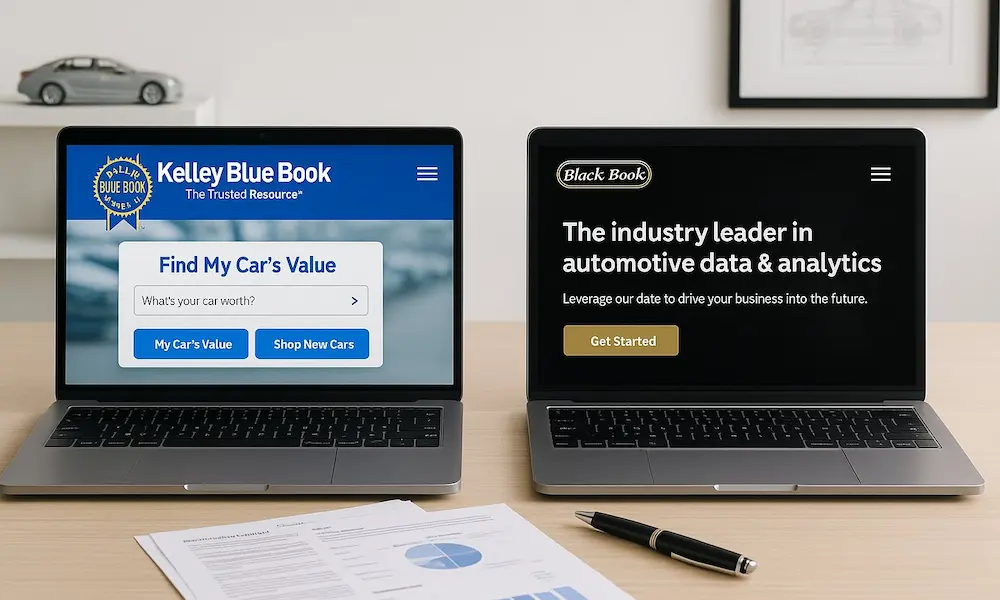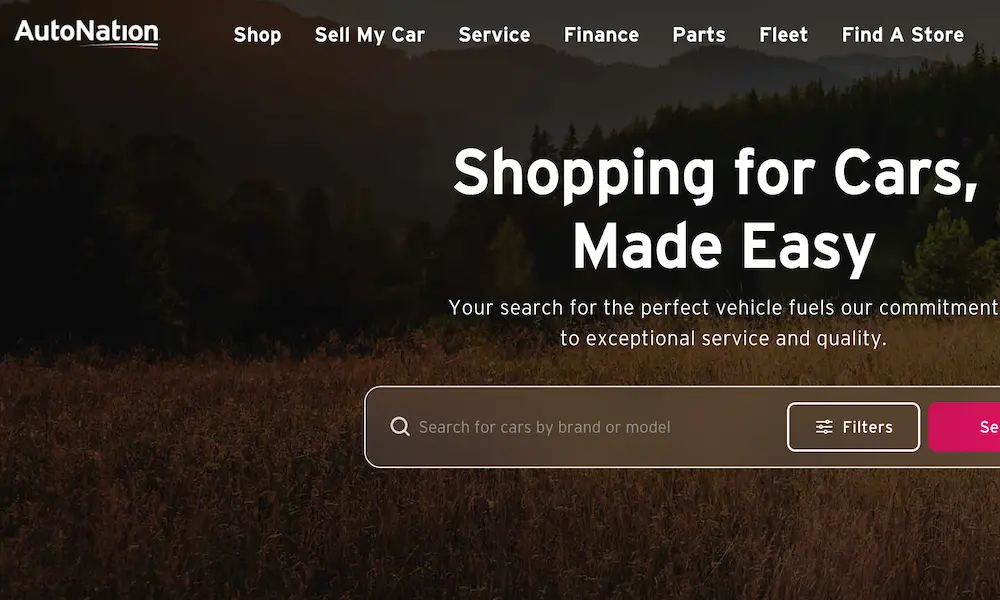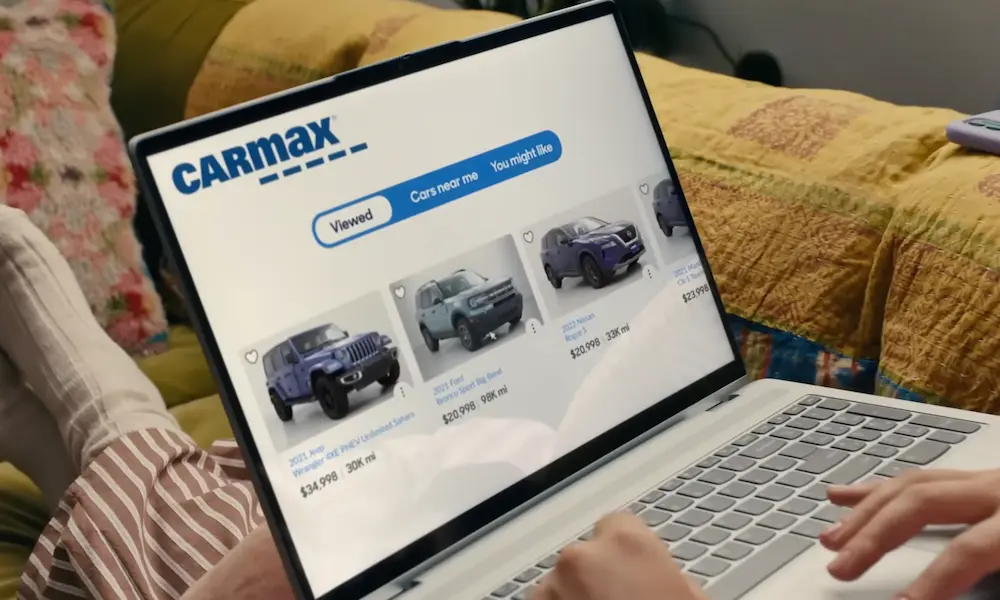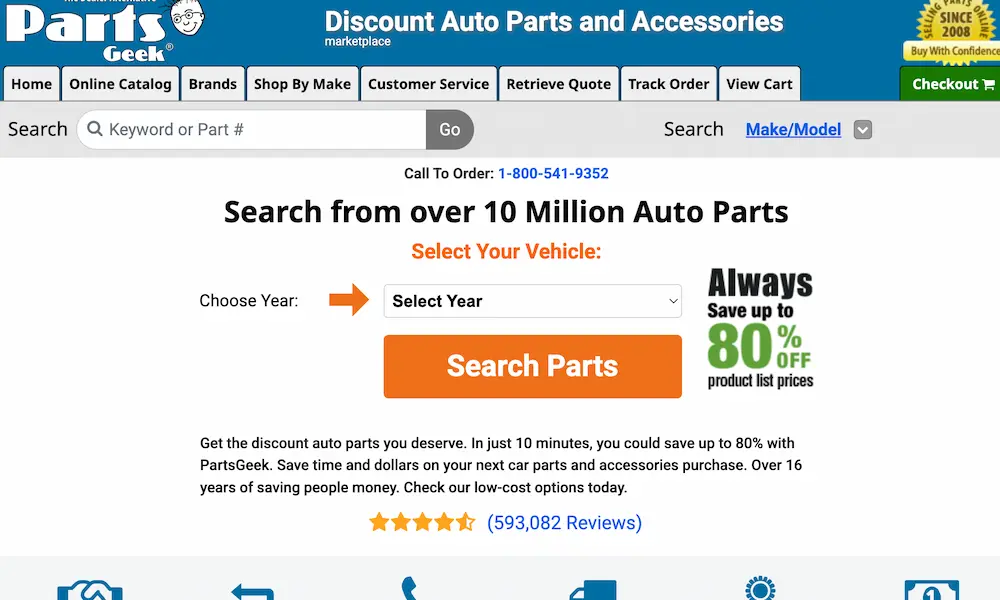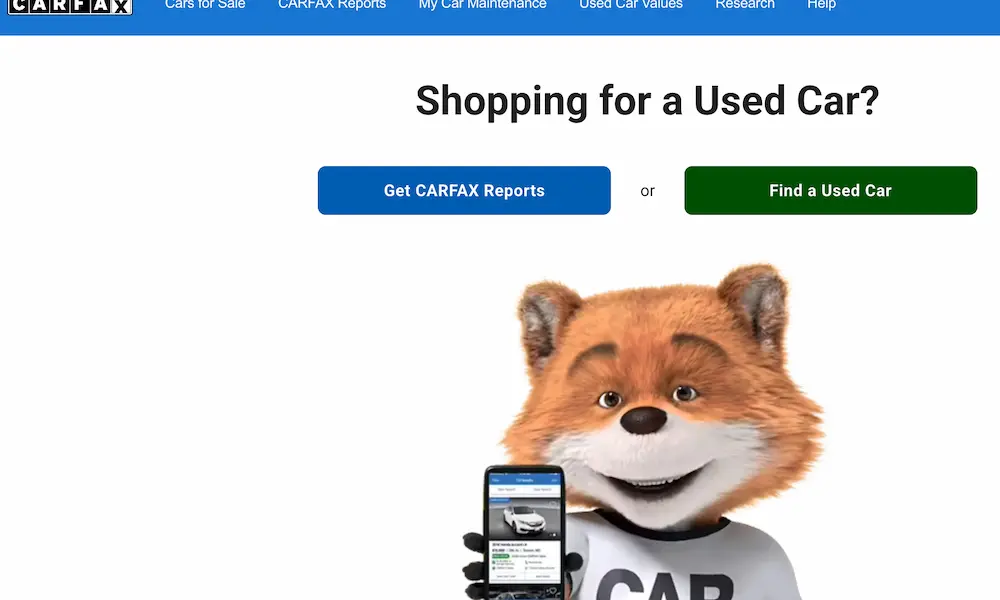Buying a car in Florida from out of state can seem like a daunting task, but it doesn’t have to be. Whether you recently moved or found a great deal online, you’ll need to transfer the car title and register the vehicle in Florida. Make sure to get your vehicle identification number check and pay any required sales tax. Knowing these steps can make the process smoother and less stressful.
Understanding the Basics of Out-of-State Car Purchases
Buying a car from another state can open up more options for you, whether you’re seeking a better deal or a specific model. Comparing details like new versus used cars and understanding different state regulations are critical.
Why Buy a Car Out of State?
There are several reasons you might consider buying a car from another state. Sometimes, your local inventory may not have the car you want. If a specific make or model is in high demand and hard to find locally, looking out of state can help.
Additionally, car prices can vary significantly from state to state. States with high inventory may offer better deals. You might find lower prices on both new and used cars. Before making any purchase, it’s wise to check online reviews to ensure the car meets your standards.
New Car vs. Used Car Considerations
When deciding between a new car and a used car, there are unique factors to think about. New cars usually come with a full warranty, the latest features, and no previous owners. This can give you peace of mind knowing the car’s history and condition.
Conversely, used cars often come at a lower price, which can be a major benefit. However, you should always review the vehicle history report to check for accidents or other issues. Buying a used car may also require you to factor in higher maintenance costs.
Before making your decision, consider what’s most important for your needs and budget. Both options have their pros and cons, so choose based on what fits your situation best.
Navigating Financial Aspects
When buying a car in Florida from out of state, it’s important to be aware of various financial aspects. Understanding state sales tax, additional fees, and financing options will help you navigate the process smoothly.
Understanding State Sales Tax Implications
Florida has a state sales tax rate of 6% on the purchase price of the vehicle. However, some counties impose an extra local sales tax, ranging from 0.5% to 2.5%.
This means the total tax can vary based on where you buy your car. Always double-check with the dealer about the total tax amount. It’s also wise to contact your local DMV to see if any special conditions apply if you are buying the car to take it out of Florida.
Additional Fees to Expect
In addition to sales tax, you may face several other fees. These can include dealer fees and a destination fee. Dealer fees often cover paperwork and administrative costs. The destination fee, on the other hand, covers the cost of transporting the car to the dealership.
Florida also requires you to have a valid vehicle identification number (VIN) check and an official odometer reading. These checks might come with their own costs, so budgeting for these additional fees is crucial. Make sure to ask the dealer for a complete breakdown of any fees before finalizing the purchase.
Financing and Loans
Securing financing can be a critical step in your car-buying journey. Many dealerships have partnerships with banks and can offer you financing directly. Alternatively, you might prefer to arrange your own car loan through a bank or credit union.
In Florida, some dealerships may offer incentives like lower interest rates if you finance through them. Always compare offers from multiple lenders to ensure you’re getting the best deal. Be clear about the total loan amount, interest rates, and any additional fees tied to the loan.
Carefully review your credit score and try to get pre-approved for a loan to streamline the buying process and get better rates. Check if your financing option allows for early repayment without penalties, as this can save you money in the long run.
Legal and Documentation Requirements
When buying a car in Florida from out of state, you need to meet specific legal and documentation requirements. These include handling title and registration, passing inspections, and possibly getting a temporary license plate.
Title and Registration Essentials
When you buy a car, you must handle the title transfer and registration. You will need a completed Application for Certificate of Title With/Without Registration (form HSMV 82040) and the original out-of-state car title. Bring proof of identity, like a valid Florida driver’s license or ID card, and proof of Florida car insurance. Registration fees apply, so check with the Florida DMV for the exact costs. It’s wise to get a vehicle history report to ensure the car has no hidden issues. Don’t forget the bill of sale as proof of purchase.
Inspections and Emissions Compliance
In Florida, a Vehicle Identification Number (VIN) verification is required. You’ll likely need an odometer reading for odometer disclosure. Depending on the region, emissions testing might be necessary to meet emissions standards. Some areas might also require a safety inspection, though Florida generally has fewer requirements compared to other states. Double-check any emissions requirements and ensure the car complies to avoid fines.
Acquiring a Temporary License Plate
While your paperwork is being processed, you might need a temporary license plate. This allows you to use the car legally while waiting for your permanent plates. To get one, you need to provide proof of ownership, such as a bill of sale, and valid insurance. Visit a local DMV office with all required documents. Temporary plates come with a fee, so be prepared to pay the registration fees.
Make sure to keep all title and registration paperwork in a safe place for future reference. This helps ensure you’re fully compliant with Florida’s laws when buying a car from out of state.
Practical Considerations When Purchasing Out of State
When buying a car in Florida from out of state, there are several key factors to keep in mind. It’s crucial to understand shipping and transportation options, evaluate the vehicle’s history, and interact effectively with dealers or private sellers.
Shipping and Transportation Options
Shipping a car involves choices like hiring a transport company or driving it yourself. Professional shipping companies offer different delivery options. Open transport is cheaper but exposes your car to weather, while enclosed transport is pricier and offers more protection.
If you choose to drive it home, calculate fuel, lodging, and food expenses. Also, contact Florida’s Department of Highway Safety and Motor Vehicles to see if you’ll need temporary tags for the trip. These steps ensure you get your car home safely and legally.
Vehicle History, Recalls, and Inspection
Always verify the vehicle history before buying. Obtain a report using the car’s VIN to check for accidents, title issues, and recalls.
Inspect the car in person or hire a local mechanic to do it. Look into major systems like the engine, transmission, and brakes. A thorough inspection helps you avoid potential problems down the road, ensuring you get a used vehicle in good condition.
Negotiating Tactics and Dealer Interaction
When dealing with a dealership or private seller, negotiate confidently. Research the car’s market value using online resources like Autotrader or Kelley Blue Book. Knowing this information helps you make fair offers and spot inflated prices.
Ask for all paperwork upfront and clarify costs, including fees and taxes. This transparency helps avoid hidden surprises. Effective communication ensures you get the best deal possible without unnecessary stress.
Insurance and Protection
When buying a car in Florida from out of state, you need to secure proper insurance and ensure that all coverage requirements are met. Also, handling any existing liens is crucial to protecting your investment.
Securing Insurance for Your New Purchase
In Florida, all vehicle owners must have at least the minimum car insurance coverage required by law. This includes Personal Injury Protection (PIP) and Property Damage Liability (PDL). PIP covers medical expenses up to $10,000 in case of an accident, regardless of who is at fault.
You must obtain this insurance before registering your car in Florida. Shop around for the best rates and options that fit your needs. Contact multiple insurance providers for quotes and check if they offer any discounts for bundling services.
Understanding Coverage Needs and Requirements
Florida’s insurance requirements are specific. As mentioned, PIP and PDL are mandatory. The PIP coverage helps with medical expenses, while the PDL covers damages to other people’s property caused by your car. It’s wise to also consider additional coverage types, such as collision, comprehensive, and uninsured motorist coverage.
Collision insurance covers repairs to your car after an accident. Comprehensive insurance covers non-collision-related damages, like theft or natural disasters. Uninsured motorist coverage protects you if you’re hit by a driver without insurance. Consider these options based on your location and driving habits.
Handling Liens and Protecting Your Investment
When you buy a car that has an existing lien, you need to address it properly to protect your investment. A lien means that a lender holds interest in the car until the loan is paid off. You must ensure that the lien is satisfied before officially transferring the title.
To deal with a lien, contact the lienholder to verify the payoff amount. Once paid, get a lien release document to present to the Florida Department of Highway Safety and Motor Vehicles (FLHSMV) during title transfer. This document is essential to show that you own the car free and clear. Ensuring the lien is handled protects your ownership and investment in the vehicle.
Finalizing Your Vehicle Purchase
When you’re finalizing the purchase of a new vehicle in Florida as an out-of-state buyer, you must take care of essential tasks such as completing payment, handling paperwork, and knowing your rights.
Completing the Payment and Paperwork
First, ensure you handle the payment swiftly and securely. If buying from a dealership, they might assist with the payment process. Be mindful of Florida’s sales tax, which is 6%, plus any additional local tax that can range from 0.5% to 2.5%.
For paperwork, verify the transfer of the vehicle title. You’ll need the out-of-state title, proof of your identity like a valid driver’s license, and proof of Florida car insurance. The Florida Department of Highway Safety and Motor Vehicles (FLHSMV) requires an Application for Certificate of Title, which you can complete at your local county tax office.
Understanding Your Rights and Recourse
It’s important to know your rights. If you’re buying a new car or truck, understand the manufacturer’s warranty and what it covers. Florida’s “Lemon Law” protects you if your new vehicle has serious defects that the dealer can’t fix after multiple attempts.
If you encounter issues, always keep detailed records and receipts. Having all documentation makes it easier to address any potential problems with the dealer or through legal action if necessary. Remember to review all terms and conditions before finalizing your purchase to ensure everything is clear and fair.


